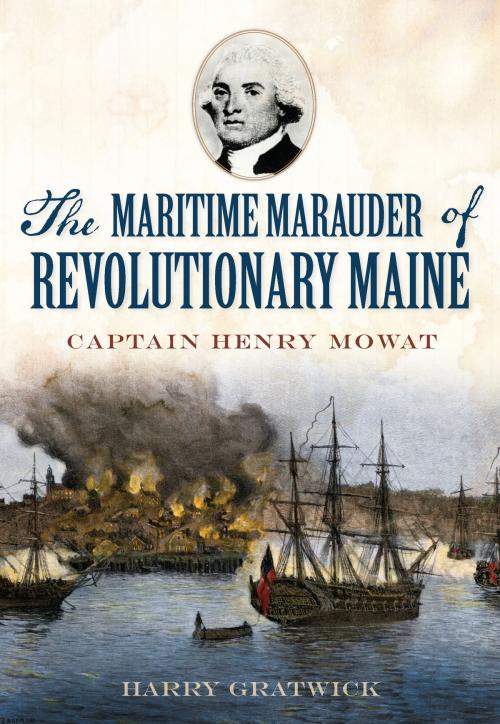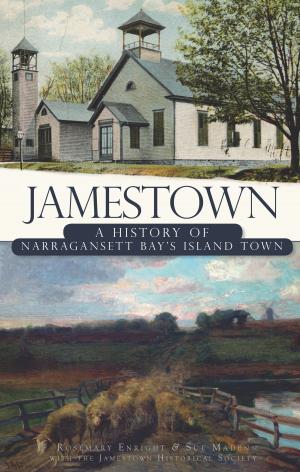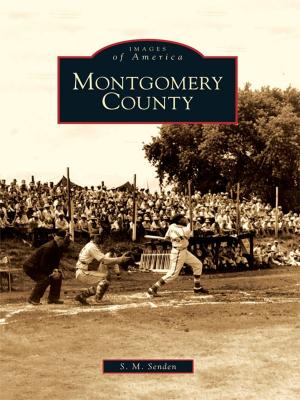The Maritime Marauder of Revolutionary Maine: Captain Henry Mowat
Nonfiction, History, Americas, United States, Revolutionary Period (1775-1800)| Author: | Harry Gratwick | ISBN: | 9781625850539 |
| Publisher: | Arcadia Publishing Inc. | Publication: | March 16, 2015 |
| Imprint: | The History Press | Language: | English |
| Author: | Harry Gratwick |
| ISBN: | 9781625850539 |
| Publisher: | Arcadia Publishing Inc. |
| Publication: | March 16, 2015 |
| Imprint: | The History Press |
| Language: | English |
In 1775, Captain Henry Mowat infamously ordered the burning of Falmouth--now Portland. That act cast him as the arch-villain in the state's Revolutionary history, but Mowat's impact on Maine went far beyond a single order. The Scottish Mowat began his North American career by surveying the Maine coast, capturing and confiscating colonial merchant ships he suspected of smuggling. Already feared by Mainers when the war broke out, his legacy was further tarnished when he was blamed for dismantling Fort Pownall at the mouth of the Penobscot River. In this volume, local historian Harry Gratwick examines the life of Henry Mowat and whether he truly was the scoundrel of Revolutionary Maine.
In 1775, Captain Henry Mowat infamously ordered the burning of Falmouth--now Portland. That act cast him as the arch-villain in the state's Revolutionary history, but Mowat's impact on Maine went far beyond a single order. The Scottish Mowat began his North American career by surveying the Maine coast, capturing and confiscating colonial merchant ships he suspected of smuggling. Already feared by Mainers when the war broke out, his legacy was further tarnished when he was blamed for dismantling Fort Pownall at the mouth of the Penobscot River. In this volume, local historian Harry Gratwick examines the life of Henry Mowat and whether he truly was the scoundrel of Revolutionary Maine.















